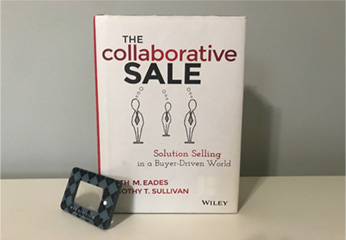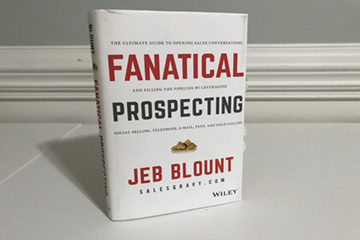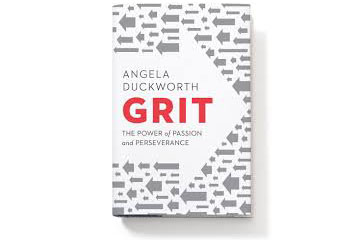Cheryl’s take…
According to the authors, in order to be a highly successful sales rep you should…
- Teach your prospects something they don’t know
- Tailor your message to your audience
- Take control of the sale
Really good reps have always done this, but the authors have now attached a fancy name to it and built a brand new selling methodology around it. I believe the book’s main points could have been delivered in a leaflet. Or maybe an 8-10 page eBook. If you like research and data and charts and graphs and lots of foot notes, read the whole book. Otherwise here is my “Cliff Notes” version.
TEACH: The best reps teach their prospects something they don’t know that could benefit their company. (And in an area for which their offering can ultimately bring value)
It can be something about the industry or their own business that they don’t see themselves. Something that is not on their radar because either they: (1) are too engrossed in their day-to-day workload or (2) don’t have internal teams following the industry or (3) are just too company-centric to see the bigger market picture. You basically want to “challenge” them to think differently about something.
In order to teach prospects something that they don’t already know or challenge their current thinking, “someone” should be always researching for these types of insights.
The insights should be things that will get the prospect to respond…
- “I never thought of it that way” or
- “that’s an area we never looked into”
You’re looking for a response that reinforces the fact that you taught them something they didn’t already know.
The “someone” researching for these insights should ideally be the marketing department which then develops these “insights” into messages reps can leverage in their sales interactions. A rep should also play this role by knowing his/her accounts so well that they can spot “internal insights” to discuss with the prospect.
TAILOR: The best reps tailor their message to their audience. Dumb question that popped into my mind reading the book… Is there anyone in Sales who doesn’t already know this?
I mean if I am talking to the CFO (and I’ve been in sales for more than 10 minutes) I know that I should talk about things that are aligned with his/her business initiatives right? I know that I should be talking to him/her about things he/she gets hired to do well or fired for if they are not performing well in those areas. I just don’t think this is a huge revelation, but maybe I’m wrong.
TAKE CONTROL: The best reps are assertive in leading the prospect through the buying process. Again, am I being too callous here by thinking… “duh”?
Bottom line is that I think the Challenger Sale methodology is something that a lot of us have been leveraging without attaching the fancy name. I think we sometimes over complicate the business of selling. But if you want a catchy 3-part formula for your sales team, jump on the bandwagon and call your methodology Challenger Sales – it IS a solid name. ?
Pete’s take…
There are so many methodologies and techniques in selling. In my years of selling I have learned that one size does not fill all. Sometimes the basic feature, benefit and impact style works well; sometimes a solution selling approach works; and other times it’s best to use the challenger sales techniques. The complexity of the sale, your personality and your customer will help determine the best methodology.
The three pillars of Challenger Sales are to 1) Teach for differentiation, 2) Tailor your message to resonate, and 3) Take control of the process. Using these practices are not new but are presented by these authors in a methodical and deliberate way.
In my early days as a salesperson for a high security lock manufacturer, I used the Challenger Sales methodology without realizing what I was doing. My job in sales was to be the industry expert and bring value to every call I make. I would teach my dealers how our products would generate more revenue and develop stronger relationships with their customers. I would share industry trends and news that could impact their businesses.
I would customize our offerings to fit their needs and never compromise on price, which was always much higher than the competition. Part of my time was spent training my clients’ employees. My clients viewed my way of selling much differently than my competition. I truly became a trusted advisor to them and as a result was very successful.
Being on the other side of a Challenger Sale experience was eye-opening. This happened a number of years ago when my wife and I were looking to buy a car. In this case, the challenger salesperson missed the boat. He kept telling us that he needed to educate us on the cars he represented. He was forcing his teaching on us in a condescending way and completely missed an opportunity to make a deal with us. He took control of the process but asked us very few questions about what we really wanted. We ended up cutting the conversation short and buying the same type of car from a different dealership. In this particular case, a simple FBI or solution selling methodology may have worked better.
In a nutshell, I enjoyed reading about the different case studies describing which types of salespeople are the most successful. The book confirmed the importance of bringing fresh and insightful messages to our clients. You know you hit the right message when your customer says, “Huh, I never thought of it like that before.” It definitely wasn’t a quick read, but it did provide me with another set of selling tools to select from when approaching a selling situation.


